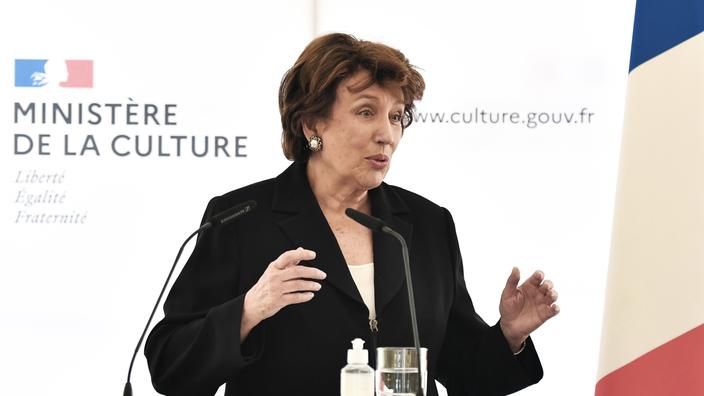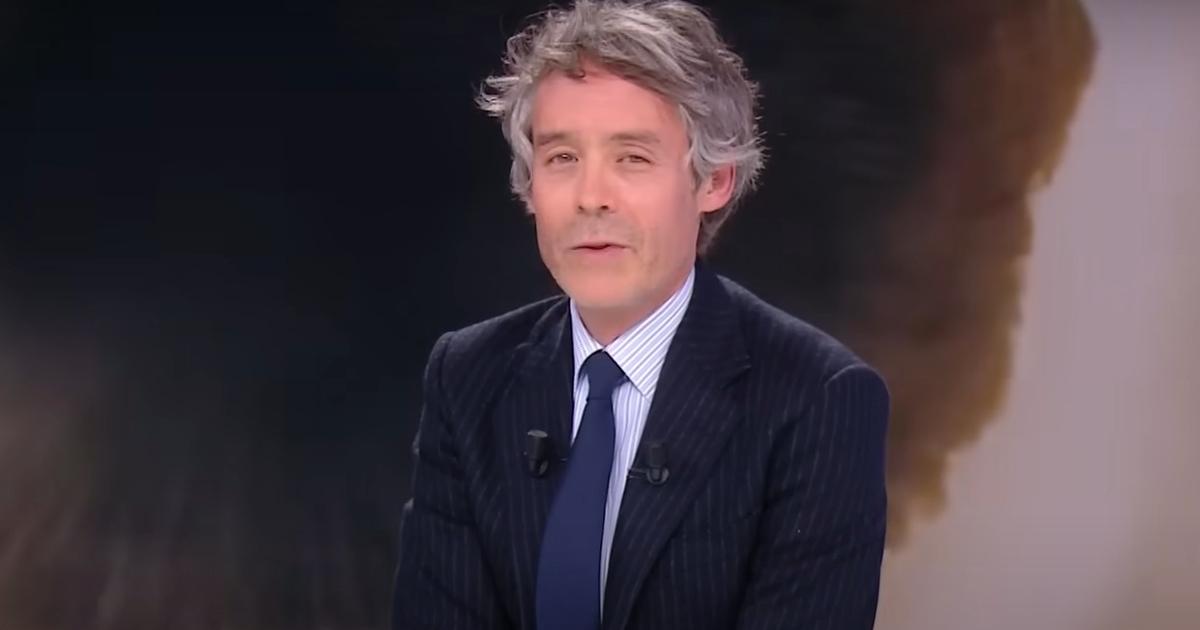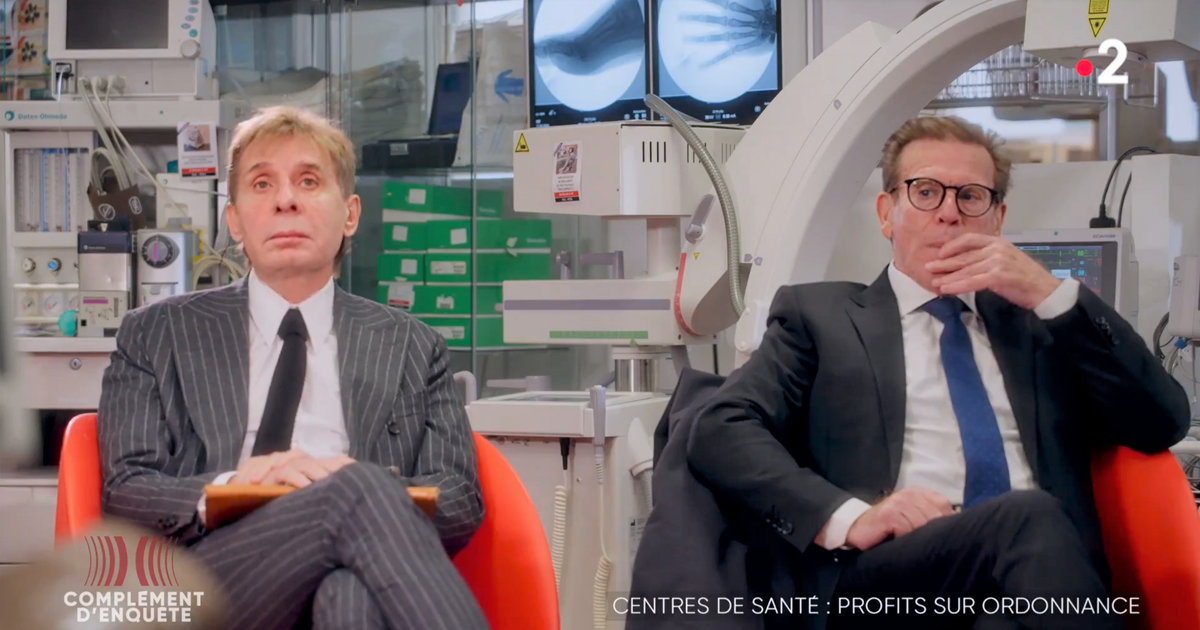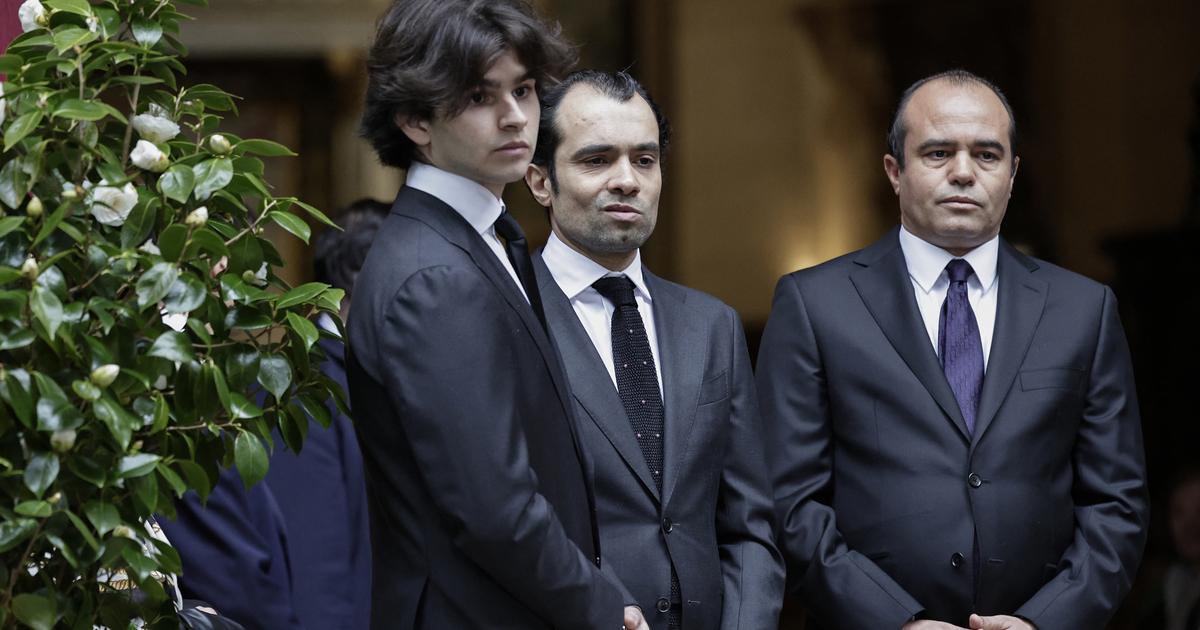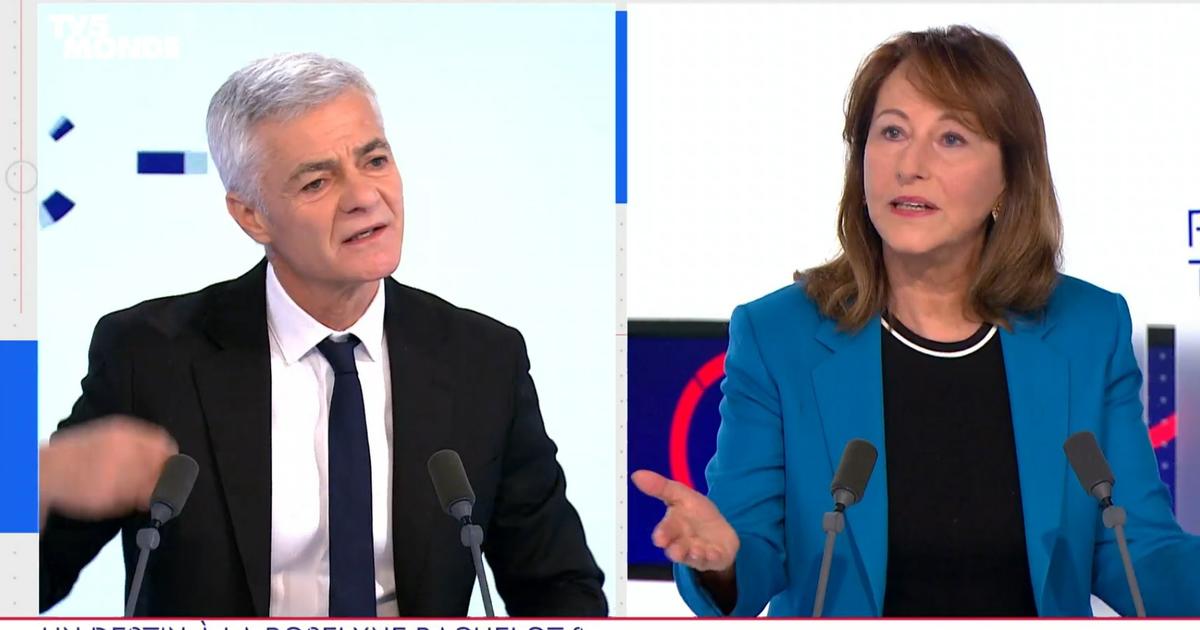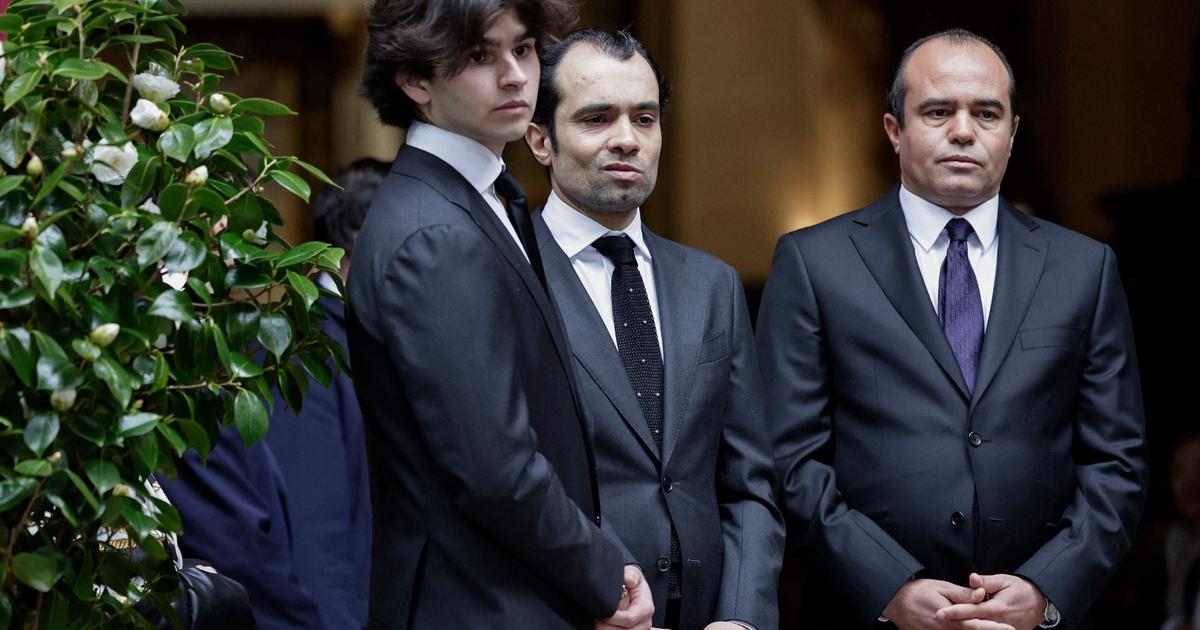The saber will return to Senegal, the statues to Benin.
Parliament on Thursday gave the green light to the return of historical pieces to these two African countries, a gesture to help turn the dark page of cultural plunder under colonization.
Read also: Saber, statues ... MPs approve restitutions in Senegal and Benin
These restitutions were approved by a final vote of the almost unanimous National Assembly (48 votes for, none against, two abstentions), which ratified them on behalf of Parliament.
The dominated Senate had refused its agreement.
They respond to a desire for
"renewal and deepening of the partnership between France and the African continent"
on the cultural level, desired by President Emmanuel Macron in November 2017 in Ouagadougou, declared the Minister of Culture Roselyne Bachelot.
The transfer to Benin concerns 26 pieces from the “Trésor de Béhanzin” resulting from the looting of the Abomey palace in 1892. They are today in the Quai Branly-Jacques Chirac museum in Paris.
Senegal must recover full ownership of a saber and its scabbard attributed to El Hadj Omar Tall, a great West African military and religious figure of the 19th century.
Held by the Musée de l'Armée in Paris, this saber is exhibited in Dakar as part of a long-term loan.
This is to support African youth in a legitimate quest for their heritage identity.
Yannick Kerlogot, rapporteur at the Palais Bourbon
The text punctually derogates from the inalienable nature of the collections of French national museums, among the richest in the world in works and objects from all eras and all horizons.
It is a question of
"accompanying an African youth in legitimate search of its heritage identity"
, underlined the rapporteur at the Bourbon Palace, Yannick Kerlogot (LREM), who evoked
"the wait and the enthusiasm of the populations concerned"
.
The adoption was announced as a formality, with unanimous votes at first reading in the National Assembly as in the Senate, against a background of broad consensus on the need to send a positive cultural signal to Africa.
But a “quack” came from the discreet announcement of the handing over in early November to Madagascar of a crown which surmounted the canopy of Ranavalona III, Malagasy sovereign of the 19th century.
In pain of parliamentary procedure on restitutions in Benin and Senegal, this return to another country has revived fears of repeated scrutiny of French collections.
And relaunched the accusations against the cultural diplomacy of Emmanuel Macron considered monarchical.
Greece and Egypt also claim their treasures
"This announcement, a new illustration of the prince's action, has come to stir up trouble: while we are discussing limited returns, on a well-defined list, we are now being told of new ones," said
deputy Emmanuelle. Anthoine (LR).
Roselyne Bachelot had to underline that at this stage it was only a question of a
"loan"
to Madagascar, not of a restitution in due form.
But the date of this return, in the midst of parliamentary debate, was
"unfortunate"
, she admitted.
She also refuted the
"simply controversial"
argument
of
"the prince's act"
, recalling that the initial requests for restitution came from the countries concerned.
The restitutions of works have long been the subject of passionate and complex debates in the world, mixing historical arguments, nationalist sentiments, protection of works, cultural diplomacy, etc.
Greece thus calls in vain for the return of the Parthenon friezes exhibited in the British Museum, and Egypt of countless pharaonic treasures which have made the reputation of many Western museums.
Some 240 African objects from the Quai Branly museum, suspected of having been looted, are now the subject of in-depth research to determine the origin of their acquisition, Mr. Kerlogot said during the debates.
Read also: France formalizes the return of works of art in Senegal and Benin
Professionals from the private art market were also moved to see these restitutions affect this sector.
The debates also escalated around the will of the Senate to introduce into law the creation of a
"national think tank"
, which would be responsible for looking into future restitutions and not leaving them to the sovereign power.
A project retaken by the government and the Assembly, because considered
"redundant"
with the examination procedures which already surround any restitution.
Such advice would risk rigidifying the concept of restitution rather than helping to find solutions on a case-by-case basis, according to its opponents.

